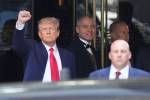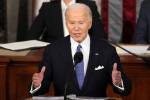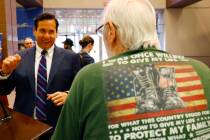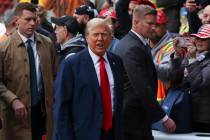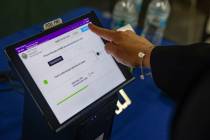Top Washington stories of 2018 all start with Trump
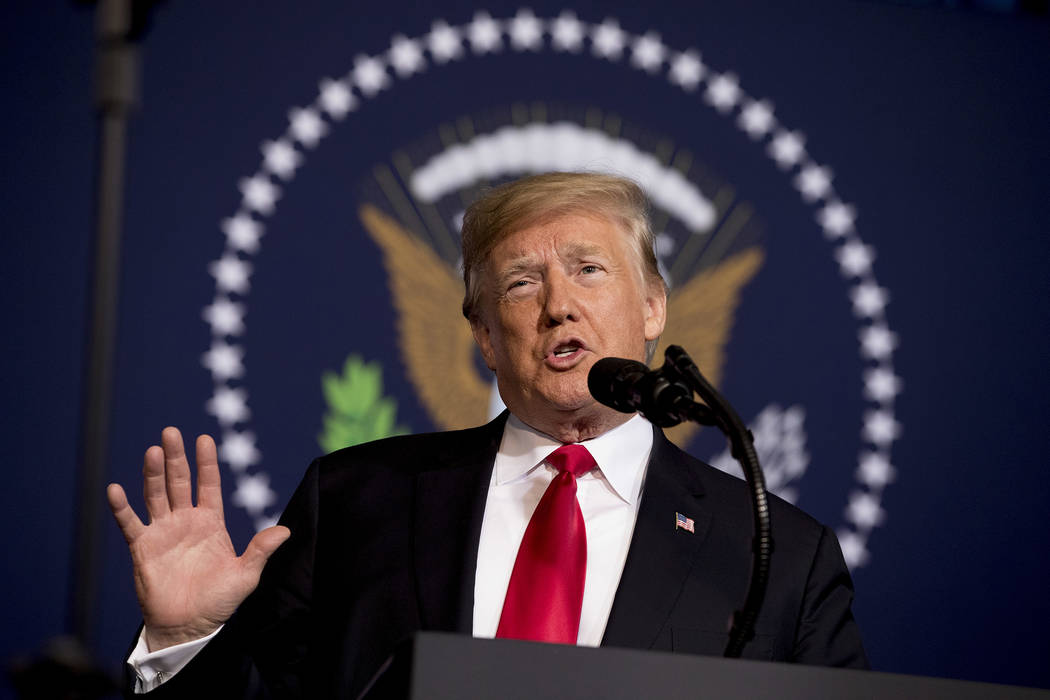
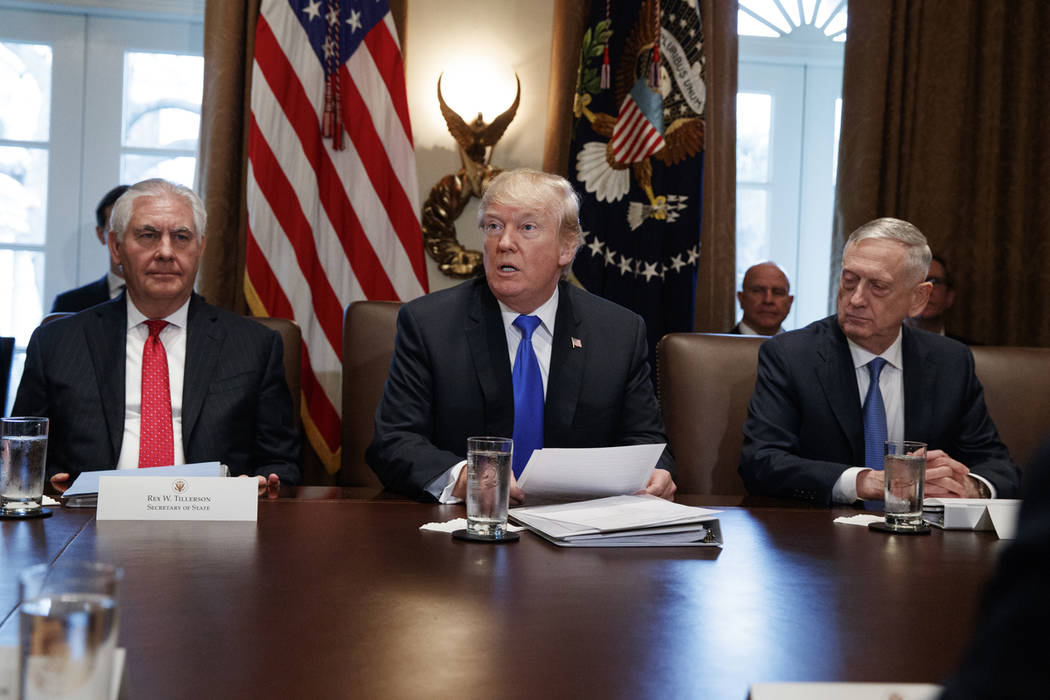
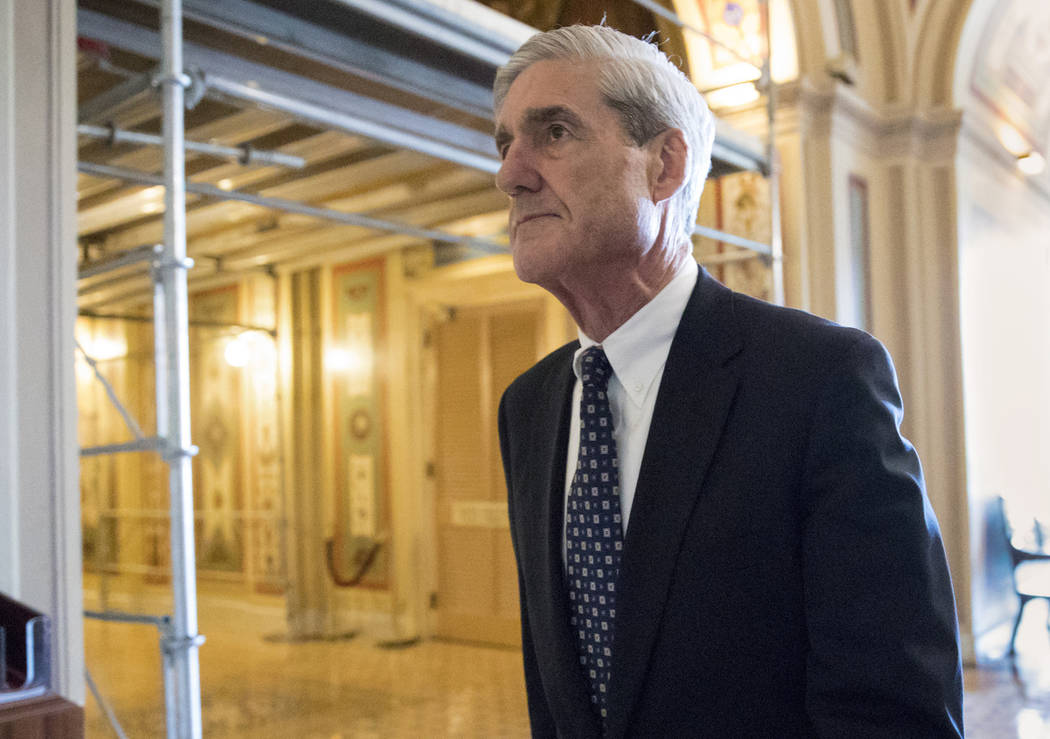
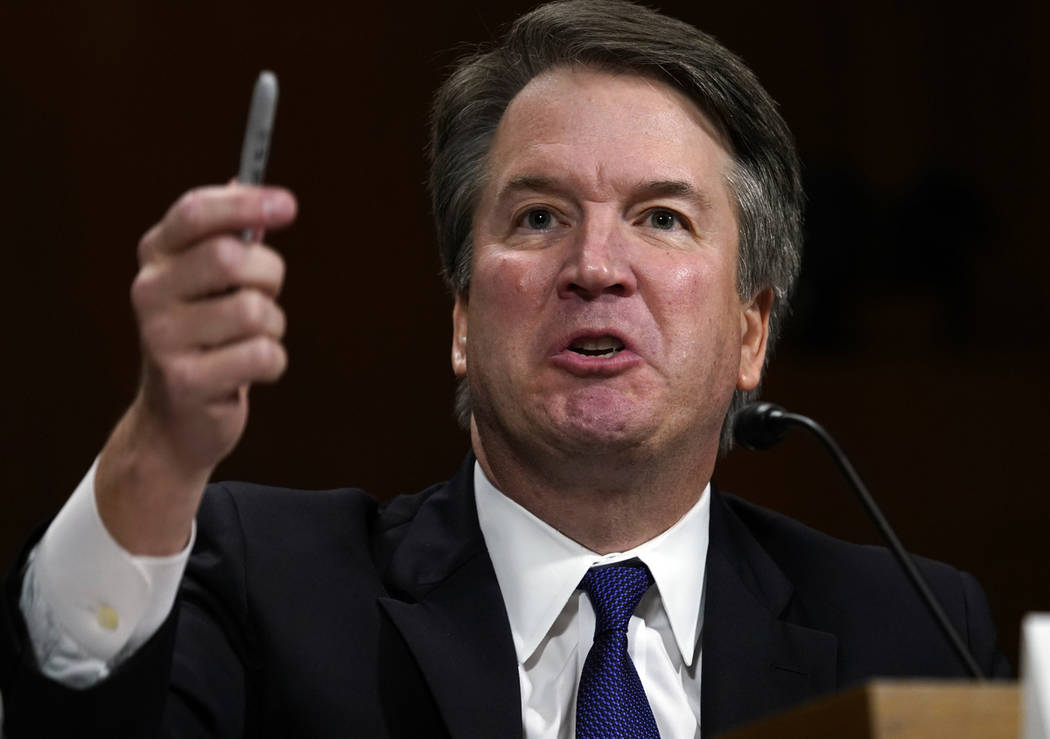
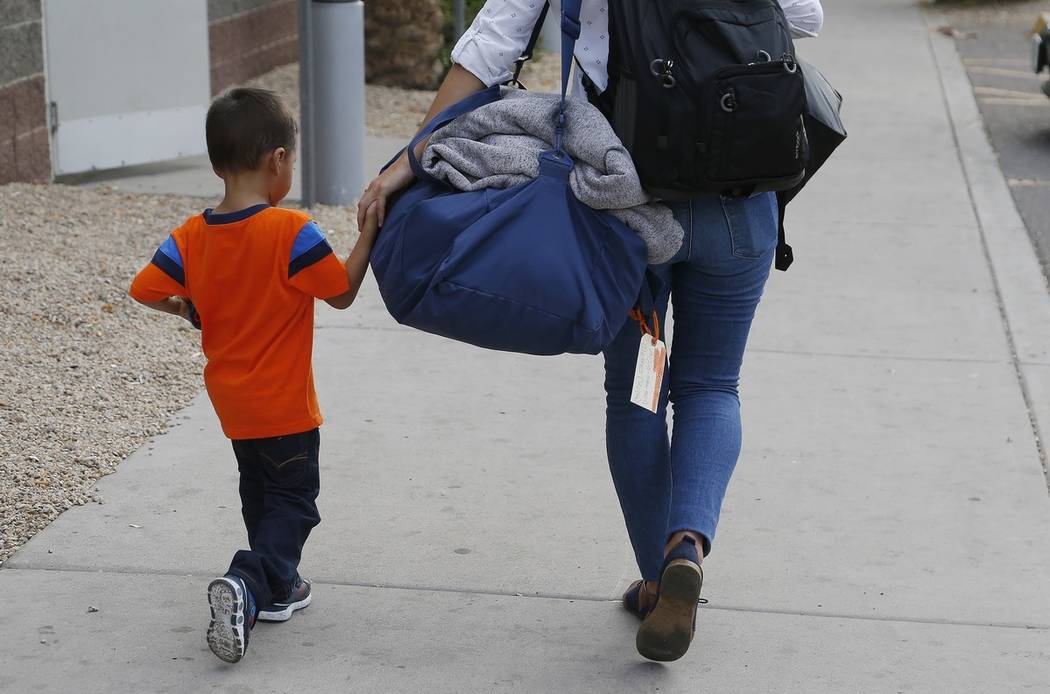
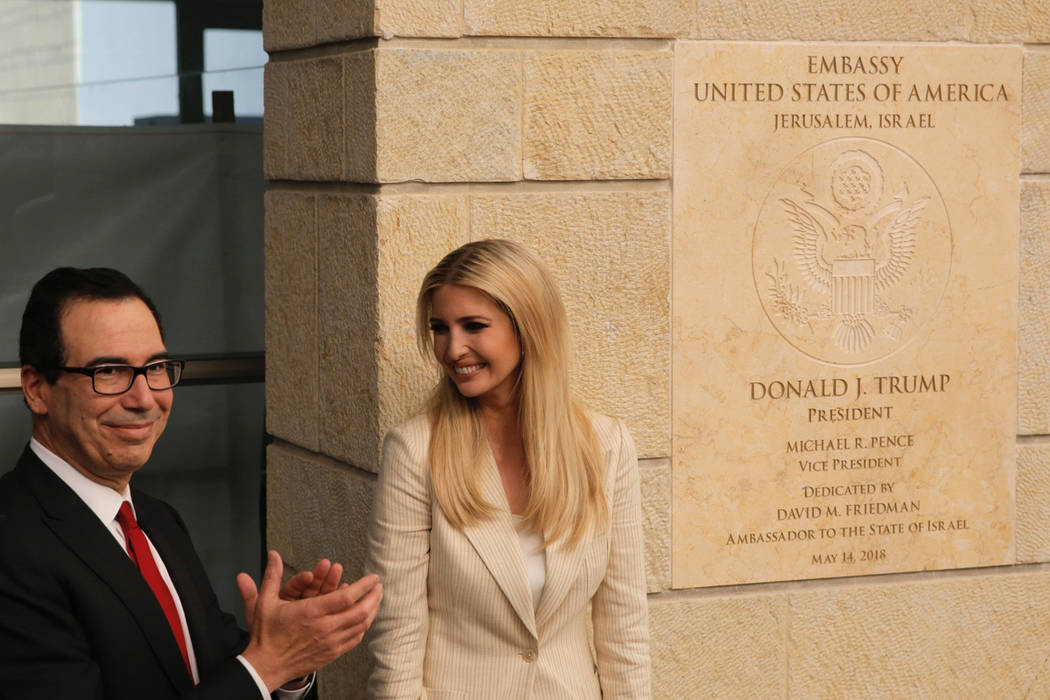
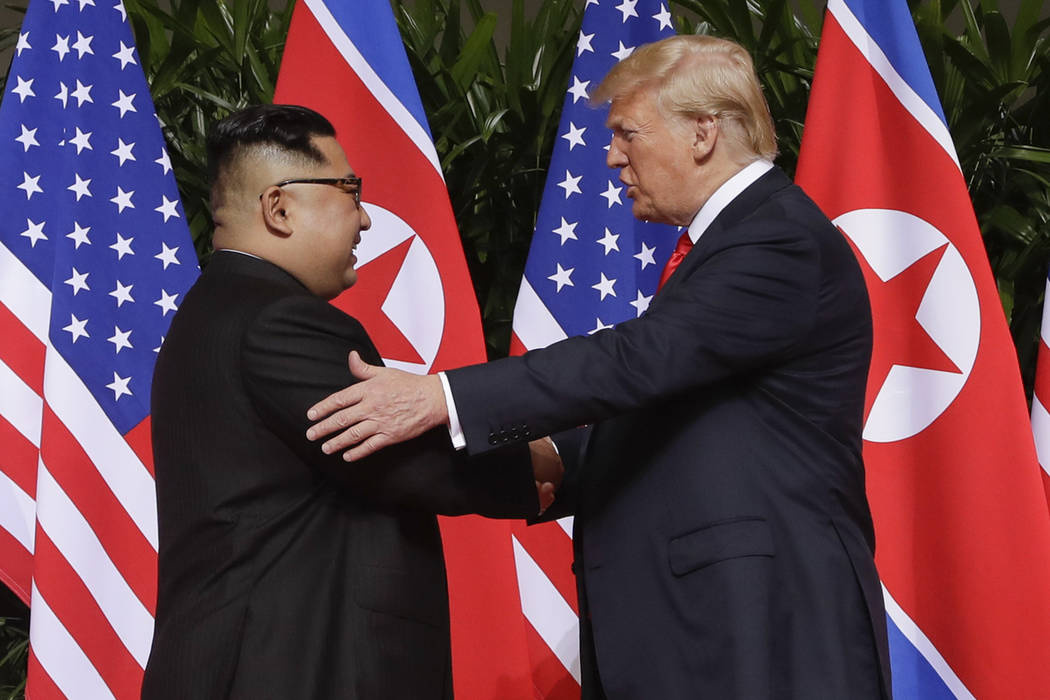
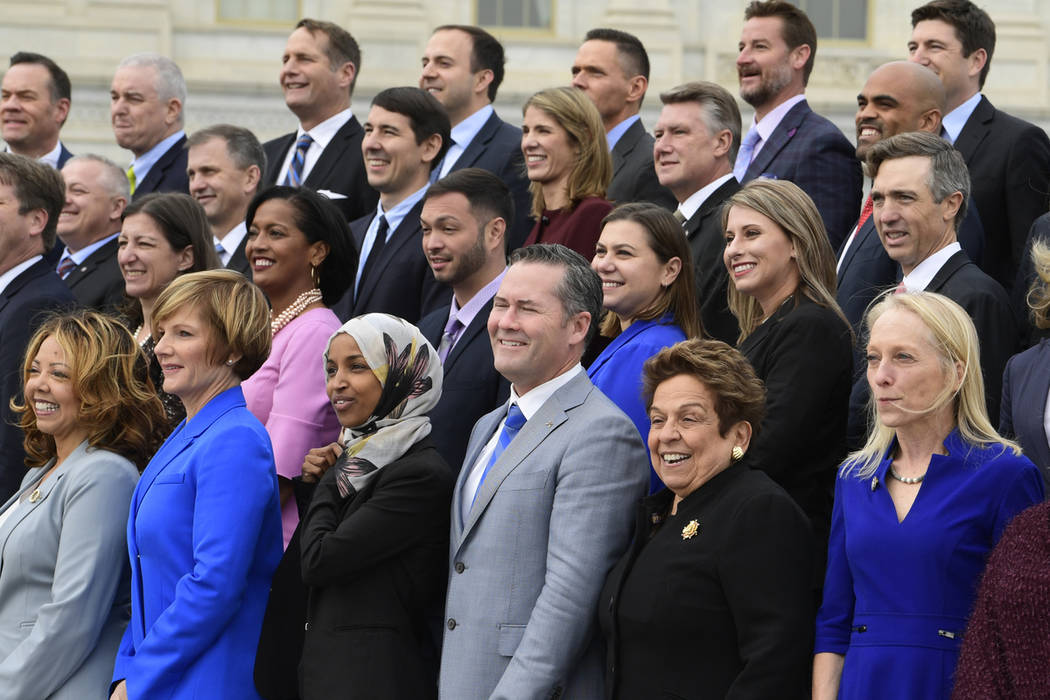
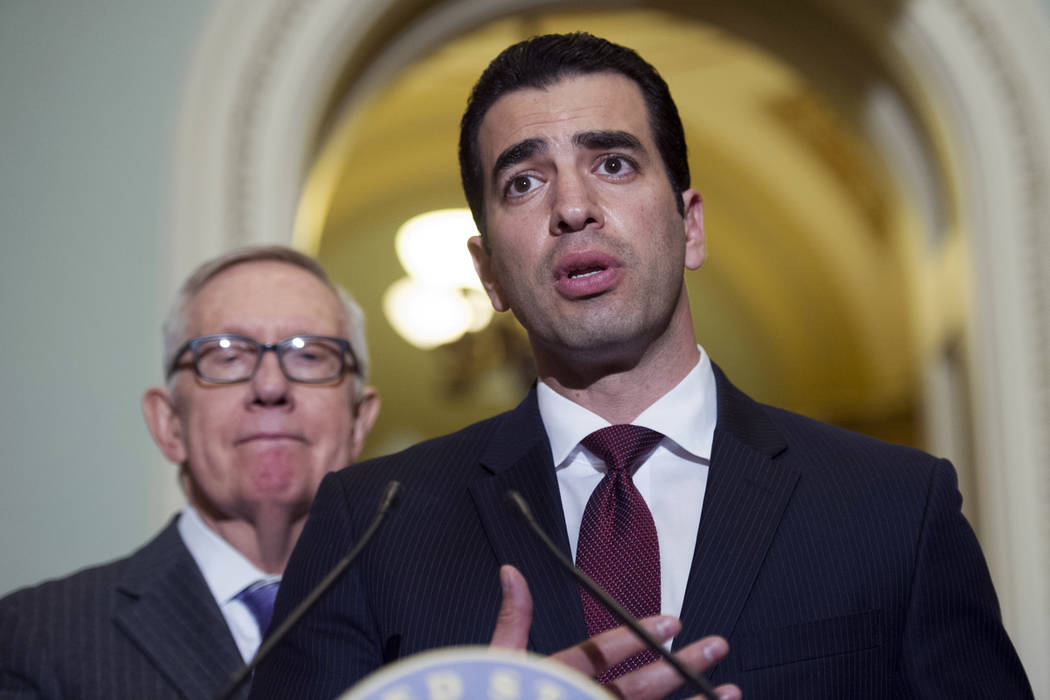
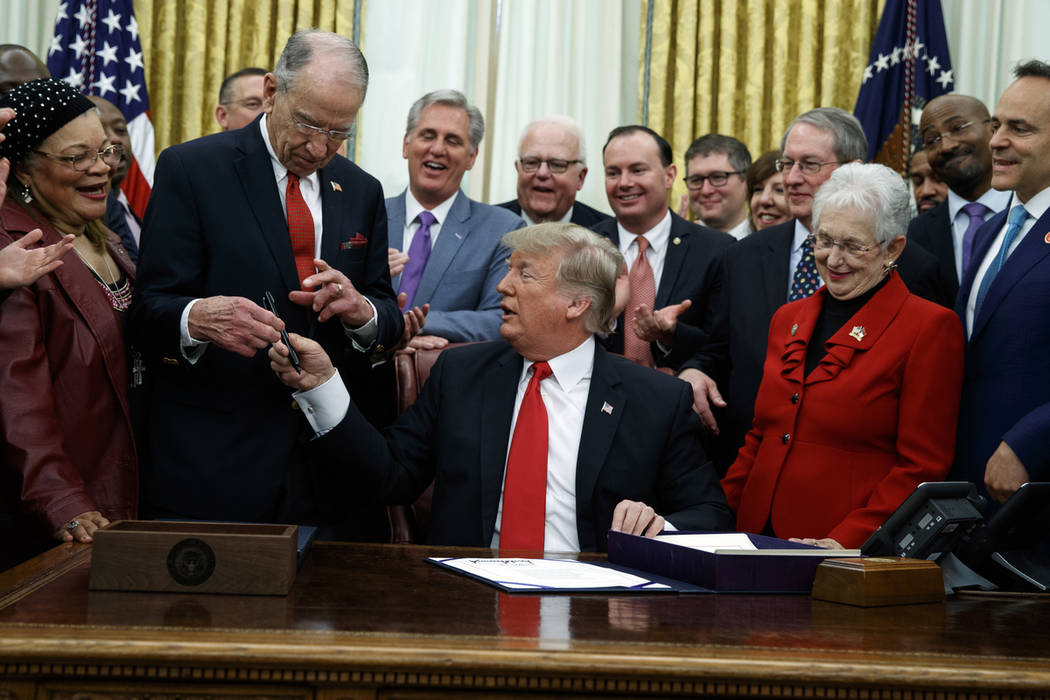
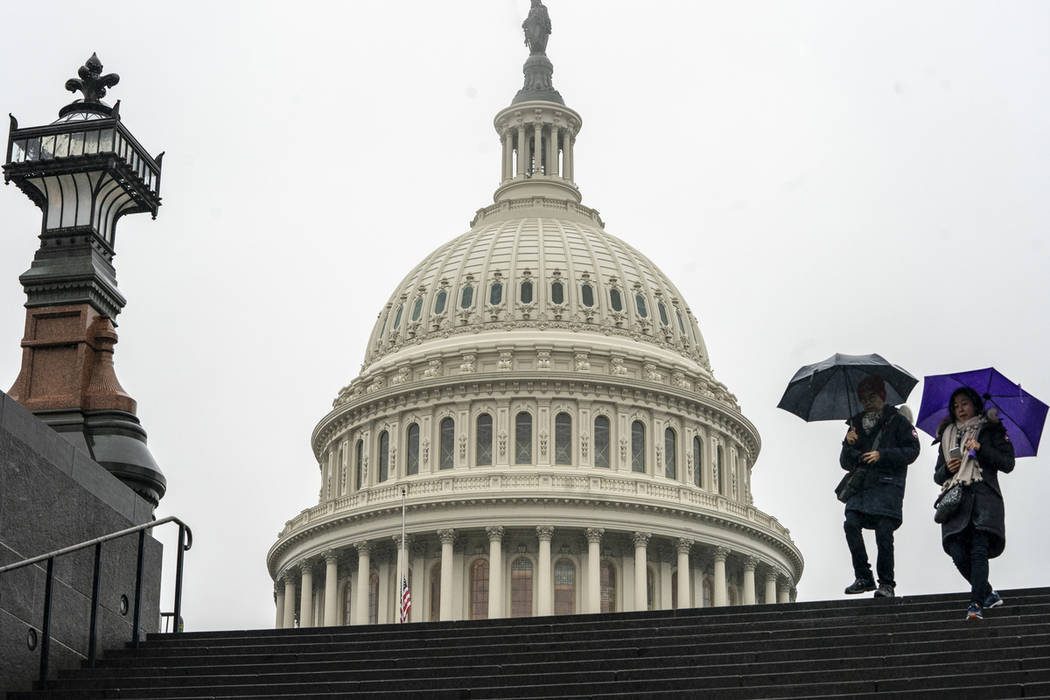
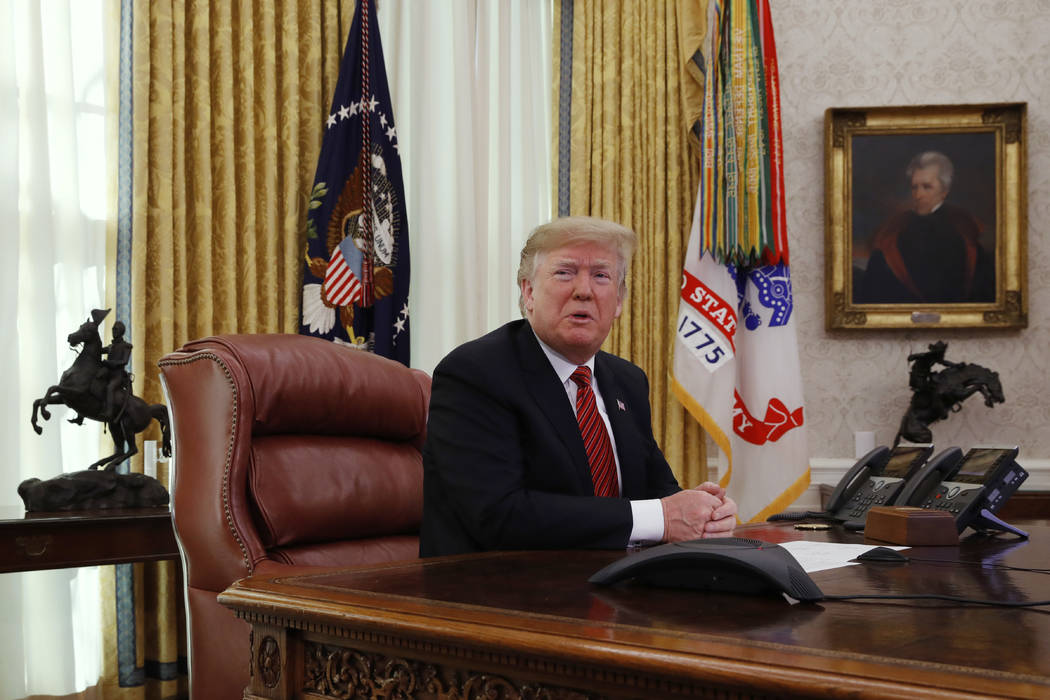
WASHINGTON
In 2017, President Donald Trump shook up the Washington establishment – known in the Trump White House as “the swamp.” In 2018, Trump shook up his own administration with record turnover, shifting alliances abroad and constant chaos.
On the world stage, Trump gravitated toward strongmen – Russian President Vladimir Putin, Saudi Crown Prince Mohammed bin Salman, North Korean chairman Kim Jong Un – as traditional U.S. allies grew wary of a commander-in-chief committed to reducing America’s footprint in global hotspots.
Trump’s focus on issues that play well with his base netted Republicans two extra Senate seats, but saw 40 House Republicans lose their seats and hand the House back to Democrats.
In short, it was a dizzying year with Trump figuring into every story.
1. Who’s the boss?
In March, Trump fired Secretary of State Rex Tillerson. In November, Attorney General Jeff Sessions resigned under pressure. By mid-December, the Brookings Institution figured the two-year turnover of Trump’s A-Team hit a jaw-dropping 65 percent — and that was before Trump announced the departure of Chief of Staff John Kelly and Defense Secretary James Mattis resigned.
2. The bear in the swamp
Russia cast a shadow over Washington as Special Counsel Robert Mueller continued a federal probe into Russian interference in the 2016 election. By year’s end, a jury convicted former Trump campaign chairman Paul Manafort on tax and bank fraud charges; six others in Trump’s orbit — including Trump lawyer Michael Cohen and national security adviser Michael Flynn — cut plea deals. Despite that, Trump continued to point out that the Mueller cases provided no proof of collusion between Moscow and his campaign.
3. Supreme battle
A scorching battle over the presidential confirmation of Supreme Court nominee Brett Kavanaugh saw tempers flare across the political spectrum. Women’s groups rose up to defend psychology professor Christine Blasey Ford, who accused Kavanaugh of a drunken sexual assault at a party when they were high school students. Enraged conservatives accused liberals of unfairly using the allegations to defeat Kavanaugh. In a historic moment, the Senate reopened hearings to take public testimony from the accuser and the accused. After a week-long pause, Kavanaugh was confirmed on a 50-48 Senate vote, one of the narrowest in history, solidifying a conservative majority on the high court.
4. Border wars
In April, the administration launched a “zero tolerance” policy that removed children from undocumented parents crossing the U.S. border with Mexico. At first the administration defended the policy, but images of children in tent cities and large cages drew outrage internationally and from both sides of the political aisle. Trump was forced to retreat, but not until after more than 2,000 children had been separated. Later, during the height of the midterm election campaign, Trump deployed thousands of Army troops to the border, warning of threats from a caravan of migrants who’d journeyed from Central America.
5. Middle East makeover
There was no shortage of news from the Middle East. In May, the United States opened its embassy in Jerusalem, a move Palestinian officials warned was likely to kill Trump’s efforts to forge a Middle East “deal of the century” peace pact. Trump later drew fire for his support for Saudi Crown Prince Mohammed, after the CIA concluded that the prince ordered a crew to kill Washington Post contributor Jamal Khashoggi at the Saudi consulate in Istanbul in October. Then, in December, Trump announced on Twitter that he would withdraw the 2,000 U.S. troops stationed in Syria – a decision that led to Mattis’ resignation.
6. Singapore summit
The most powerful man in the world met with the most powerful man in North Korea in June at an historic summit in Singapore aimed at preventing a nuclear showdown. The first meeting between an American president and a North Korean leader ended with Trump and Kim signing a joint document in which they committed to working “toward complete denuclearization of the Korean Peninsula.”
7. Ballot box responds
A referendum on the president’s performance in his first two years in office propelled Democrats in 2018. Suburban and women voters cast ballots for the largest number of female candidates in history, helping Democrats take control of the U.S. House of Representatives. Trump was able to pad the slim GOP majority in the Senate by doubling down on his immigration platform and energizing voters in rural parts of the country. The 116th Congress opens Jan. 3 with the largest number of women representatives and senators in U.S. history.
8. D.C. too
House and Senate lawmakers ended 2018 passing legislation to tighten up sexual harassment laws that cover Congress after numerous elected officials and staff resigned or retired due to allegations brought forward in the #MeToo movement. Nevada Rep. Ruben Kihuen, a first-term Democrat, declared he would not run for re-election even as he denied allegations against him; the House Ethics Committee sided with the accusers. Trump, too, got caught up by the movement as he was accused of buying the silence of two women who claimed they had affairs with him before he become president.
9. Crime and punishment
In a rare act of bipartisanship, Congress passed and Trump signed the First Step Act, a prison reform measure will reduce some of the harshest sentences for federal drug offenders and boost prison rehabilitation programs. Trump had urged lawmakers to support it, saying the bill would provide hope and a second chance to those who earn it. Supporters say the changes will make the nation’s criminal justice system fairer, reduce overcrowding in federal prisons and save taxpayer dollars.
10. Shutdown bookends
The year began as it ended, with a government shutdown. Democrats were behind the two-day January shutdown in a failed bid to extend the Deferred Action for Childhood Arrivals program that protects some undocumented children from deportation. In December, Trump initially agreed to sign a stop-gap spending bill for departments that included Homeland Security, but without his $5 billion border wall request. Conservative commentators revolted, Trump reversed course and forced a partial government shutdown over Christmas.
Contact Debra J. Saunders at dsaunders@reviewjournal.com or 202-662-7391. Follow @DebraJSaunders on Twitter. Contact Gary Martin at gmartin@reviewjournal.com or at 202-662-7390. Follow @garymartindc on Twitter.







